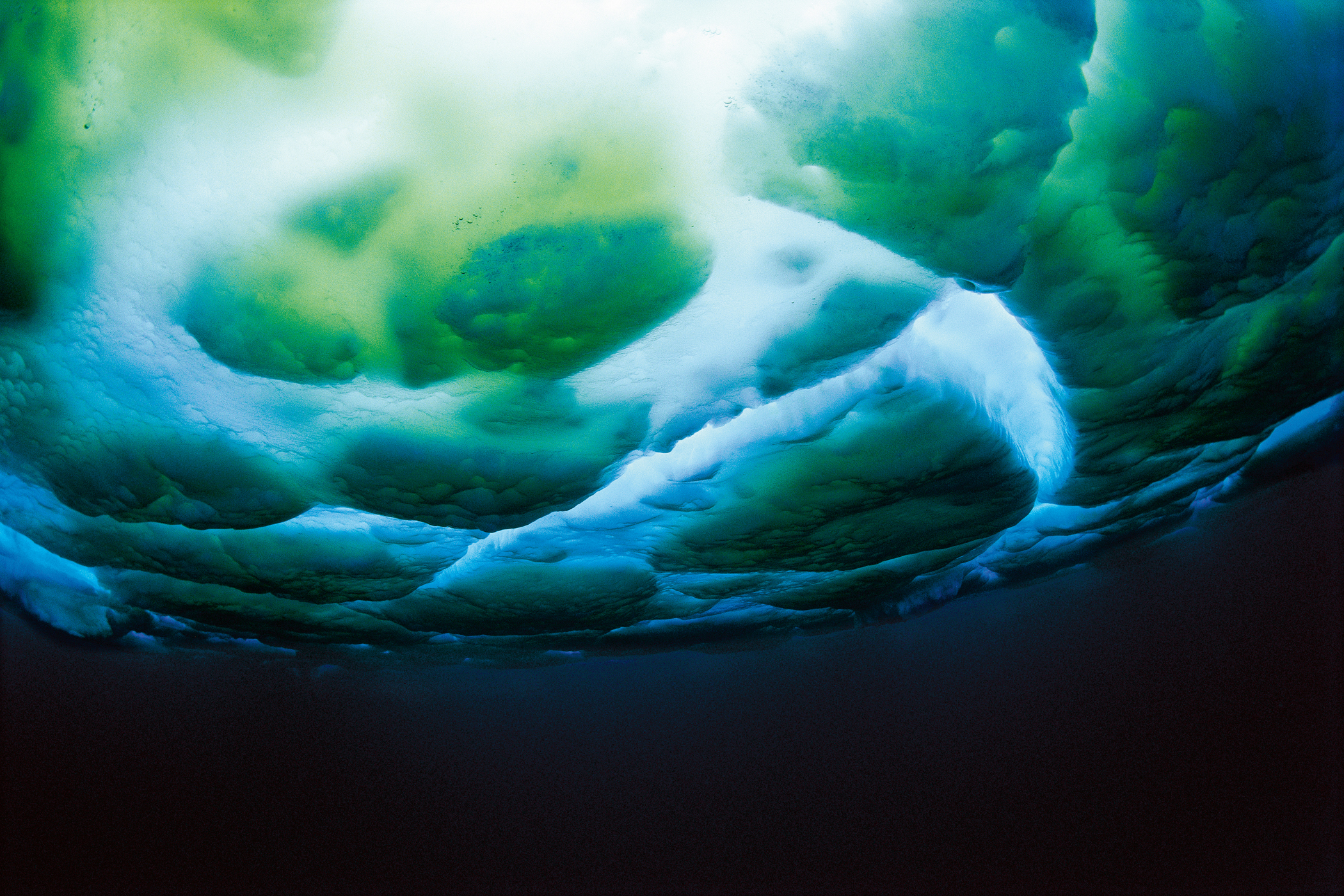New research project: Sea ice ecosystems: Ecological effects of a thinning snow cover
This project looks at microscopic algae that live in sea ice, which are important contributors to food webs in the Arctic.

This project looks at microscopic algae that live in sea ice, which are important contributors to food webs in the Arctic.
Climate change models are predicting that there will be less snow cover in future on Arctic sea ice, and this will greatly increase the amount of solar radiation that penetrates through to the algae, which live on the bottom of the ice in contact with the ocean. Although more light might seem like a positive outcome for algae that need light for photosynthesis, these algae are adapted to the very low light intensities normally found under snow-covered ice, and might be vulnerable to the severe stress that occurs when plants are suddenly exposed to more light than they are accustomed to.
We are planning research in several Arctic locations, predominantly Greenland, to determine how vulnerable these important algae are to disappearing snow and rapidly increasing light intensities, and aim to develop an understanding of how snow and ice on the Arctic Ocean control the light climate of sea ice, and the activity and distribution of algae. We are applying new photosynthetic methods designed to measure algal biomass and activity in intact ice cores, to provide novel insights into how they grow and potentially become stressed in response to light availability.
The co-PIs of the project are Associate-Professors Brian Sorrell and Lars Chresten Lund-Hansen (Department of Aquatic Biology, AU), with external collaborators Dr Ian Hawes (University of Canterbury, New Zealand) and Prof. Hans Ramløv (Roskilde University).
For further information contact brian.sorrell@biology.au.dk or lund-hansen@biology.au.dk.
